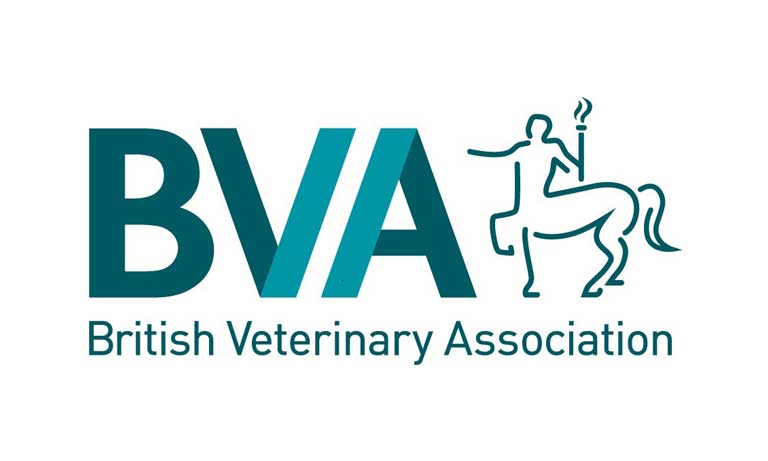Brucella canis: what vets need to know
14 Feb 2024
30 Sep 2019 | Laura Turner
Laura Turner discusses finding EMS placements and how to get the most out of them.

Having just finished my third year at Liverpool, I’ve now completed many weeks of EMS, both clinical and preclinical. Unlike some universities, at Liverpool we can start clinical EMS from the first year, although there is a limit on how much we can do each year. Finding placements can be tricky, and your options may be more limited depending on where in the country you are based. But by utilising available resources and speaking to the right people you can have your calendar full in no time.
For lambing placements, the National Sheep Association (NSA) website is a fantastic resource. Farmers specify how many students and what level of experience they are looking for, and what they will offer in return in terms of food, accommodation, and even wages. Be realistic about what you want to get out of your lambing placement – you’re going to learn a lot more by living on the farm and being flexible about working hours, but if you are looking for set hours and a decent night’s sleep then perhaps going home each night would be a better option.
I’ve always chosen farms where I take the night shifts by myself as I find this the best way to learn as much as possible. Turns out I’m better at thinking on my feet when trying to avoid waking up a grumpy farmer who is catching up on some much-needed sleep.
For clinical placements I tend to approach local practices as it’s easy to keep returning, and therefore build a good relationship with the team. The better they get to know you, the more likely they are to let you get involved, and you’ll gain more from the placement.
At Liverpool we have a database of placements that students have attended in the past. I have used this to find poultry, pig, and dairy farms near me which I then know for a fact accept students. It’s also worth talking to students who live at home nearby to see if they have any recommendations. If you can’t find a placement near home, it’s a good idea to find one near university, and stay in your student accommodation for an extra week or 2.
Of course, farmers themselves tend to have the best contacts for other farms in the area. After chatting over a cuppa with the family at my poultry placement I had the number of a very local pig farmer who I never would have been able to contact otherwise.
Remember you don’t just have to go down the traditional routes of EMS in practice. This year I have been working on some research with the University of Liverpool, which has counted toward 6 weeks of EMS for me. There were lots of staff at the university looking for students to take on research projects over the summer; my study is looking into the importation of dogs from overseas into the UK for rehoming.
It’s been a brilliant exposure to the world of academia, and I’ve received some funding from the university which has been a massive help. A veterinary degree opens doors to so many career pathways so it’s great to get a taster of some of these before you graduate.
EMS can be daunting, especially your first day at a new placement. I tend to spend the first few hours getting to grips with how the practice works and making sure I know where the essentials are, (bandaging equipment, needles, syringes, swabs etc) in order to make myself useful from the outset. Get to know the team and be honest about what experience you’ve had so far.
On my last placement I admitted that I was yet to successfully place a catheter and the nurses got me practicing straight away. It’s a good idea to have a (realistic) list of things you would like to achieve by the end of your placement and find an opportunity to discuss this with the team. The AVS EMS guide is a fantastic resource that has helped me to think logically about exactly how I can gain the most from each placement.
On my first clinical placement I felt so out of my depth, and that I didn’t have enough knowledge or skills to be there. But a year later, proudly scrubbed into my first TPLO, I realised that students are not expected to know everything. They just need to be enthusiastic, responsible, and willing to get stuck in. EMS is a valuable opportunity to practice the skills you'll need as a new grad, so enjoy the experience and don’t waste a second of it.
Get tailored news in your inbox and online, plus access to our journals, resources and support services, join the BVA.
Join Us Today